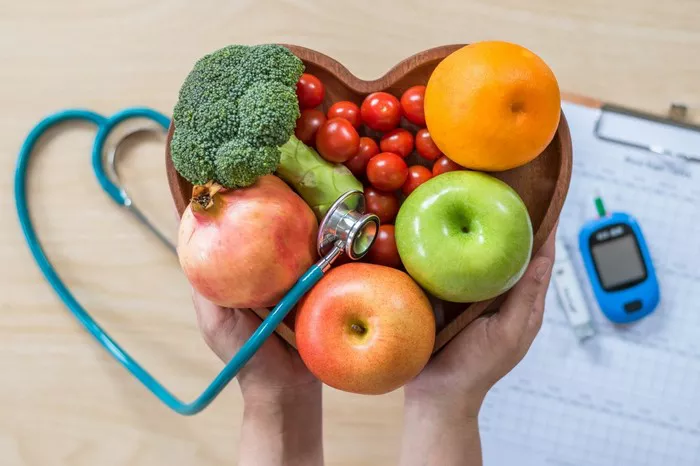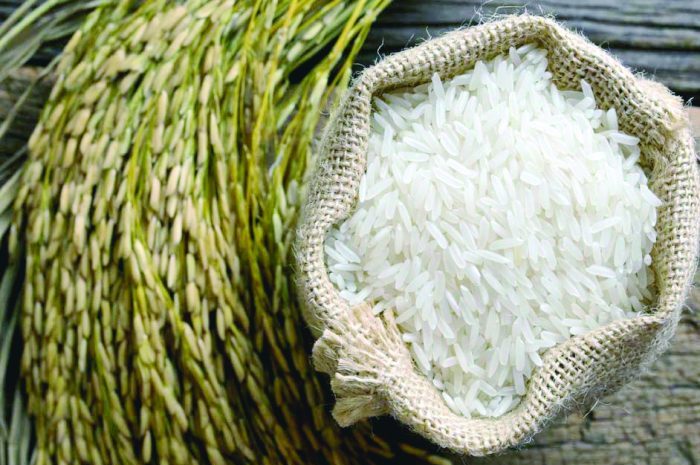Type 1 diabetes (T1D) is a chronic autoimmune condition characterized by the body’s inability to produce insulin, a hormone necessary for regulating blood sugar levels.
Historically, T1D has been managed primarily through insulin therapy, as there has been no known cure. However, recent research suggests that dietary interventions, particularly vegan diets, may hold promise in not only managing but potentially reversing the progression of T1D.
In this article, we delve into the evidence supporting the reversal of T1D through a vegan diet, examining the underlying mechanisms and exploring the potential benefits for individuals living with this condition.
Understanding Type 1 Diabetes
Before delving into the role of diet in managing T1D, it’s crucial to understand the nature of the condition. Unlike type 2 diabetes, which is often associated with lifestyle factors such as obesity and poor dietary choices, T1D is an autoimmune disease.
In T1D, the body’s immune system mistakenly attacks and destroys the insulin-producing beta cells in the pancreas. As a result, individuals with T1D must rely on insulin therapy to regulate their blood sugar levels and prevent complications.
Traditional Treatment Approaches
For decades, insulin therapy has been the cornerstone of T1D management. This typically involves multiple daily injections of insulin or the use of an insulin pump to deliver the hormone as needed.
While insulin therapy is effective at controlling blood sugar levels and preventing acute complications such as hyperglycemia and ketoacidosis, it does not address the underlying autoimmune process driving the disease.
Consequently, individuals with T1D are at risk of long-term complications, including cardiovascular disease, kidney failure, and nerve damage, even with optimal blood sugar control.
The Role of Diet in Type 1 Diabetes
While diet has long been recognized as a crucial factor in managing type 2 diabetes, its role in T1D has been less clear-cut. Traditionally, the emphasis in T1D management has been on carbohydrate counting and insulin dosing to match food intake.
However, emerging research suggests that dietary factors may influence the progression of T1D and could potentially play a role in its reversal.
The Vegan Approach
Among various dietary patterns, the vegan diet has garnered attention for its potential health benefits, including its role in managing chronic conditions such as heart disease, obesity, and type 2 diabetes.
A vegan diet excludes all animal products, including meat, dairy, eggs, and honey, and focuses on whole plant foods such as fruits, vegetables, grains, legumes, nuts, and seeds.
Evidence Supporting Veganism for Type 1 Diabetes
While the research on the efficacy of vegan diets specifically for T1D reversal is still in its infancy, several studies have suggested potential benefits.
One notable study published in the journal Diabetes Care in 2019 investigated the impact of a low-fat plant-based vegan diet on individuals with T1D. The researchers found that participants who adhered to the vegan diet experienced significant improvements in insulin sensitivity and blood sugar control compared to those following a standard diabetes diet.
Additionally, they observed reductions in cholesterol levels and markers of inflammation, which are important considerations given the increased risk of cardiovascular disease in individuals with T1D.
Mechanisms Underlying the Benefits
The mechanisms by which a vegan diet may exert its effects on T1D are multifaceted and complex. First and foremost, plant-based diets are typically high in fiber and low in saturated fat, which can help improve insulin sensitivity and reduce the risk of insulin resistance—a common feature in T1D.
Moreover, plant foods are rich in antioxidants and phytochemicals, which have been shown to have anti-inflammatory and immune-modulating properties. By reducing inflammation and oxidative stress, a vegan diet may help preserve beta cell function and protect against further damage in individuals with T1D.
Furthermore, the gut microbiome, which plays a crucial role in immune regulation and metabolic health, may also be influenced by dietary factors. Plant-based diets are associated with a greater abundance of beneficial gut bacteria, which could contribute to a healthier immune response and attenuate autoimmune processes in T1D.
Challenges and Considerations
While the potential benefits of a vegan diet for T1D reversal are promising, it’s essential to acknowledge the challenges and considerations associated with adopting this dietary approach.
Firstly, transitioning to a vegan diet requires careful planning to ensure adequate intake of essential nutrients such as vitamin B12, iron, calcium, and omega-3 fatty acids, which are typically abundant in animal products.
Individuals with T1D must work closely with healthcare professionals, such as registered dietitians, to develop a well-balanced vegan meal plan that meets their nutritional needs while maintaining stable blood sugar levels.
Moreover, the decision to adopt a vegan diet should be personalized and based on individual preferences, cultural considerations, and medical history.
While some individuals with T1D may thrive on a vegan diet, others may find it challenging or unsuitable for various reasons. It’s essential to approach dietary changes with an open mind and be mindful of individual needs and preferences.
Practical Tips for Adopting a Vegan Diet with Type 1 Diabetes
For individuals with T1D considering transitioning to a vegan diet, here are some practical tips to help get started:
1. Educate yourself:
Take the time to learn about plant-based nutrition and familiarize yourself with vegan-friendly foods and recipes. There are plenty of resources available, including books, websites, and cooking classes, to help you make informed dietary choices.
2. Plan your meals:
Plan your meals and snacks ahead of time to ensure a well-balanced and satisfying vegan diet. Aim to include a variety of fruits, vegetables, whole grains, legumes, nuts, and seeds in your meals to meet your nutritional needs.
3. Monitor your blood sugar:
Keep track of your blood sugar levels regularly, especially when making dietary changes. Pay attention to how different foods and meals affect your blood sugar, and adjust your insulin doses accordingly.
4. Stay hydrated:
Drink plenty of water throughout the day to stay hydrated and support overall health and well-being.
5. Seek support:
Connect with other individuals with T1D who follow a vegan diet for support and advice. Online communities, support groups, and social media platforms can be valuable resources for sharing experiences and exchanging tips.
Conclusion
While the idea of reversing T1D with a vegan diet may seem revolutionary, it’s important to approach this concept with caution and skepticism. While the evidence supporting the potential benefits of veganism for T1D reversal is promising, more research is needed to fully understand its efficacy and long-term implications.
Additionally, dietary interventions should be viewed as complementary to, rather than a replacement for, conventional medical therapies such as insulin therapy. Ultimately, the decision to adopt a vegan diet should be made in consultation with healthcare professionals and based on individual needs, preferences, and goals.
As our understanding of the relationship between diet and T1D continues to evolve, so too will our approach to managing and potentially reversing this chronic condition.



























